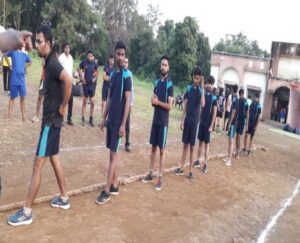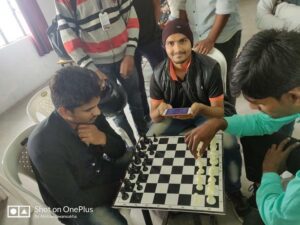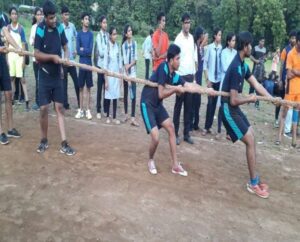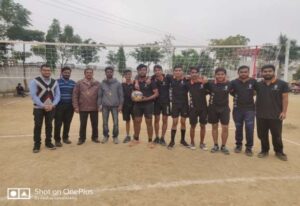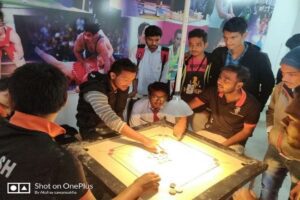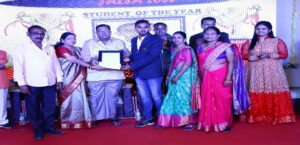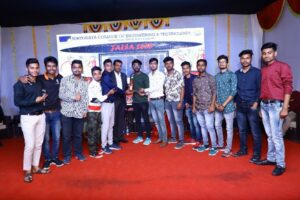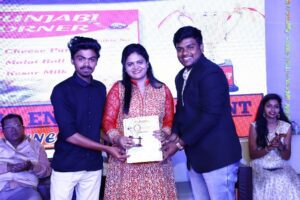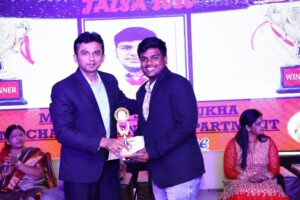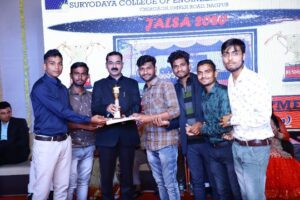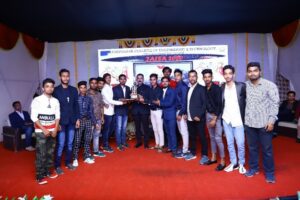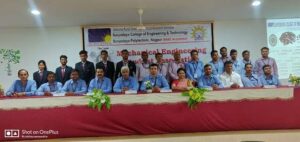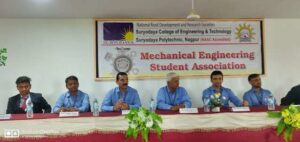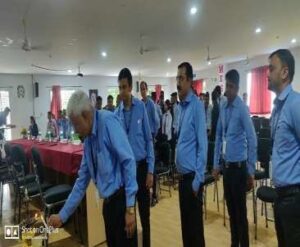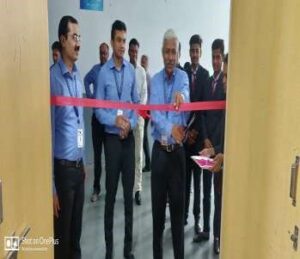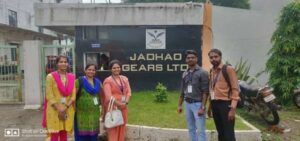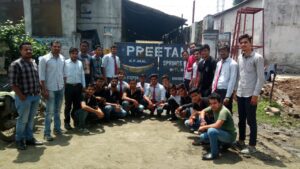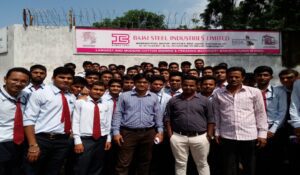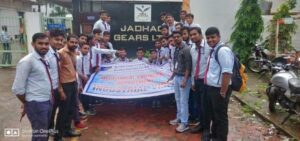|
Sr. No.
|
Photographs/news published
|
Name of activity
|
Date of conduction
|
|
1
|
 |
AICTE SPONSORED “PRERANA” – Scheme for Preparing SC/ST Students for Higher Education
|
Session 2020-21
|
|
2
|
 |
Webinar on Uniform Civil Code (Prof. Ram R. Wayzode, Head ME, SCET, Nagpur)
|
04-06-2020
|
|
3
|
 |
Webinar on Know ISRO (Prof. Manoj S. Baseshankar, Asst. Professor, SCET, Nagpur)
|
05-06-2020
|
|
4
|
 |
Webinar on KFC (Prof. Manjeet Gajbhiye, Asst. Professor, SCET, Nagpur)
|
04-06-2020
|
|
5
|
 |
Webinar on Famous Festivals of India (Prof. Nitin P. Padghan, Asst. Professor, SCET, Nagpur)
|
10-06-2020
|
|
6
|
 |
Webinar on Unecsos World Heritage Site of India (Prof Ketan K. Tonpe, Asst. Professor, SCET, Nagpur)
|
18-06-2020
|
|
7
|
 |
Live Webinar on Skill India (Prof. Amit Bankar, T & P Officer, SCET, Nagpur)
|
14th July 2020
|
|
8
|
|
Quiz on “Creating Awareness about verious modes of transmission of CORONA VIRUS AND THE precautionary measures to be adopted for the protection of society and Nation” (IQAC Cell, SCET, Nagpur)
|
28-04-2020
|
|
9
|
|
Quiz on “World Environment Day” (IQAC Cell, SCET, Nagpur)
|
05-06-2020
|
|
10
|
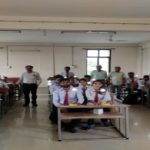 |
Workshop on Solar generation at Govt. College of Engg., organized by DTE, Nagpur (DTE, Nagpur)
|
28-10-2020
|
|
11
|
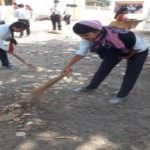 |
Swatchata Abhiyan on the occasion of Birth Aniversary of Mahatma Gandhi at Adyali primary school at Adyali Village. (NSS, SCET)
|
14th Oct 2020
|
|
12
|
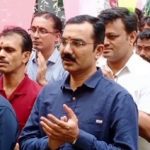 |
Ganesh Utsav (Student Forum, SCET, Nagpur)
|
02-09-2020
|
|
13
|
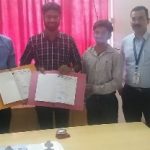 |
MoU signed with CADCAMGURU Solutions Pvt Ltd Pune – a leading organization in the field of CAD, CAE and Mechanical Engg Design Trainings. (Mr. Shrikant Bidwai, Director, CADCAMGURU, Pune)
|
28-09-2020
|
|
14
|
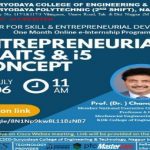 |
Webinar on “Entrepreneurial Traits and i5 concept”. (Dr. C.C. Handa, HoD, KDK College of Engineering, Nagpur)
|
06-07-2020
|
|
15
|
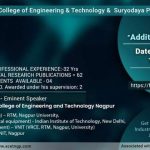 |
Webinar on “Additive Manufacturing”. (Dr. V.G. Arajpure, Principal, SCET, Nagpur)
|
28-08-2020
|
|
16
|
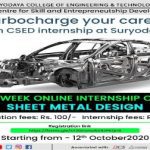 |
Workshop on “Sheet Metal Design”. (Mr. Hemant Kumavat, Sr. advisor, DCS)
|
12/10/2020 to 26/10/2020
|
|
17
|
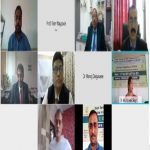 |
AICTE sponsored Short Term Training Program STTP (Pat- I) on
“Applications of IoT and Smart Manufacturing in Engineering”
Inauguration Ceremony:Introductory Speech: Dr. V. G. Arajpure , Principal SCET, Nagpur
Guest 0f Honor: Dr. G. K. Awari, HOD, (Automobile Engg) Government Polytechnic, Nagpur, Nominated AICTE Margdarshak.
Guest 0f Honor: Dr. M. B. Daigavane, Joint Director, DTE, RO office, Nagpur
Chief Guest: Col. B. Venkat, Director (Faculty Development) AICTE, New Delhi
Dr. Rajendra Kadu , Sr. Manager, Mahindra & Mahindra, Nagpur
Prof. V. D. Kalyankar, SVNIT, Surat
Mr. Dhairyasheel Desai, Technical Lead, TATA Technologies, Ltd. CIIIT-GCOE, Chandrapur
Dr. Venkatesh K. P. Rao, Assistant Professor, BITS, Pillani, Mechanical Engg, Dept.
Dr. Abhijeet K. Digalwar Associate Professor, BITS, Pillani, Dept. of Mechanical Engg.
Dr. A. M. Kuthe, Professor, Mechanical Engineering Department and Head of CAD-CAM centre at Visvesvaraya National Institute of technology ( VNIT) Nagpur.
Dr. N. K. Lautre, Assistant Professor, Mechanical Engineering Dept., VNIT, Nagpur Dr. Vinod Nistane ,Assistant Professor, Mechanical Engineering Dept., VNIT, Nagpur.
|
15-02-2021 to 20-02-2021
|
|
18
|
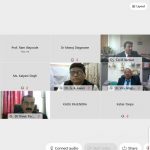 |
AICTE sponsored Short Term Training Program STTP (Pat- II) on
“Applications of IoT and Smart Manufacturing in Engineering”
Inauguration Ceremony: Introductory Speech: Dr. V. G. Arajpure, Principal, SCET
Guest of Honour: Dr. G. K. Awari, HOD, (Automobile Engg) Government Polytechnic, Nagpur, Nominated AICTE Margdarshak.
Chief Guest: Lt. Col. Kailash Bansal, Director, Marddarshak Cell, AICTE, New Delhi.
Keynotes Speaker :- Dr. Dattaray Parle, Emerging Technologies Expert, CEO, Simulation. Centre,Pune.
Dr. D. G. Thakur, Professor, Dept. of Mechanical Engg.,Defence Institute Of Advanced Technology (DIAT) (DRDO)
Mr. Nitin S Gawhane, Senior General Manager- Research & Development + Training , Thyssenkrupp Industries India Pimpri Pune.
Dr. Vivek Parhate, Vice-Principal, SCET, Nagpur
Dr. Santosh JAju , Dean R& D G. H. Raisoni College of Engg. Nagpur.
Dr. A. M. Kuthe, Professor, Mechanical Engineering Department and Head of CAD-CAM centre at Visvesvaraya National Institute of technology ( VNIT) Nagpur.
Dr. Dattaray Parve, Emerging Technologies Expert, CEO, Simulation. Centre,Pune.
Dr. Pradip V. Jadhav, Professor Department of Mechanical Engg. , Bharti Vidya peeth university, Pune.
|
08-03-2021 to 13-03-2021
|
|
19
|
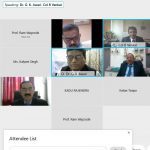 |
AICTE sponsored Short Term Training Program STTP (Pat- III) on
“Applications of IoT and Smart Manufacturing in Engineering”
Inauguration Ceremony: Introductory Speech: Dr. V. G. Arajpure, Principal, SCET
Guest of Honour: Dr. G. K. Awari, HOD, (Automobile Engg) Government Polytechnic, Nagpur, Nominated AICTE Margdarshak.
Chief Guest: – Dr. Uma Raghunathan, Director, AICTE, New Delhi.
Dr. Pratapsingh Desai, Chairman, ISTE, New Delhi,
Keynote Speaker: – Mr. Shreyash Gajlekar, Design Engineer, TATA Technologies, LTD, Pune
Mr. Parag Kulkarni, CEO, Iknowlation Research Labs
Dr. Dattaray Parle, Emerging Technologies Expert, CEO, Simulation. Centre,Pune.
Mr. Nilesh Hazare, AGM,CARARO Transmission, Ranjangaon, Pune.
Mr. Utkarsha Ankalkhope , Rapid Product Development and Additive Manufacturing Specialist (Design, Processes & Materials) Coventry, West Midlands, United Kingdom.
Mr. Tushar Chaudhari, Senior Design Engineer, TATA Technologist, Pune.
Dr. Pradip V. Jadhav, Professor Department of Mechanical Engg. , Bharti Vidya peeth university, Pune
Mr. Manish Narkhede, Asst. Professor, Electronics & Telecommunication Engineering . Dept. PCCOE, Pune
Prof. Ram Wayzode, HOD, Mechanical Engg. Dept,SCET, Nagpur.
Dr. B. S. Pabla, Professor and Head Mechanical Engg, Dept. NITTTR, Chandigarh.
|
22-03-2021 to 27-03-2021
|
|
20
|
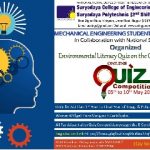 |
“Environmental literacy Quiz” on the occasion of Earth Day
|
05-05-2021
|
|
21
|
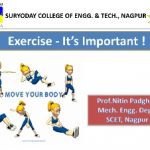 |
Presentation on “Exercise-It’s Important!”. (Prof. Nitin P. Padghan, SCET, Nagpur)
|
31-05-2021
|
|
22
|
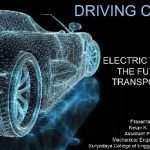 |
Presentation on “Electric Vehicles & Future of Transportation”. (Prof. Ketan K. Tonpe, SCET, Nagpur)
|
01-06-2021
|
|
23
|
 |
Presentation on “How to Break Bad Habits”. (Prof. Ram R. WayzodeSCET, Nagpur)
|
02-06-2021
|



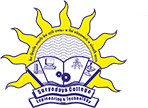

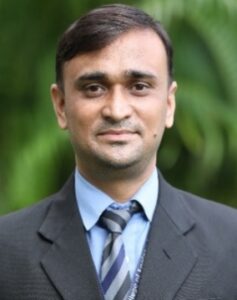
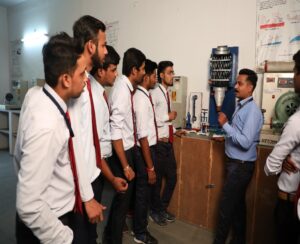
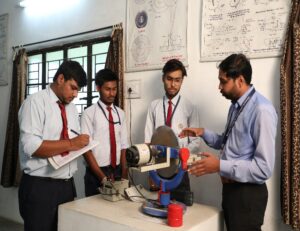
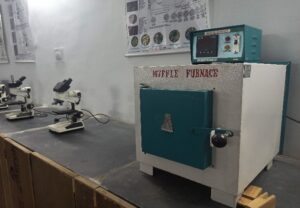
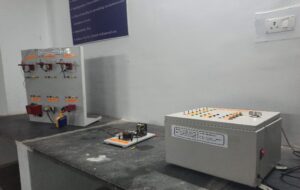
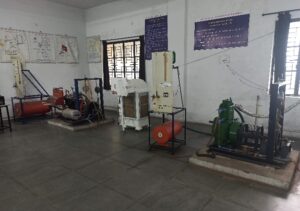
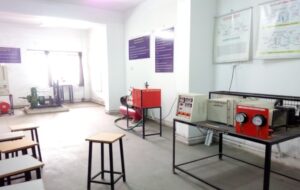
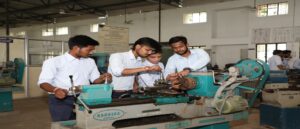
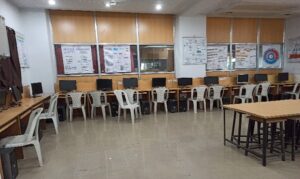





















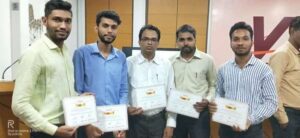 Competed the live project on “ Productivity improving on press machine with time and motion study “under the Vigan Bharti with Vidarbha Industrial Association.
Competed the live project on “ Productivity improving on press machine with time and motion study “under the Vigan Bharti with Vidarbha Industrial Association.
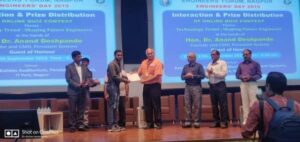 Suraj Deshesmuk Secure first position online Quiz Contest intercollege level organizes by Engineers Forum, Nagpur
Suraj Deshesmuk Secure first position online Quiz Contest intercollege level organizes by Engineers Forum, Nagpur
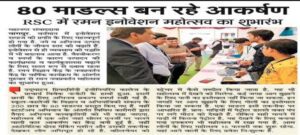 Pratik Udole Third Year Student of Mechanical Branch Win First Prize in Project Competition in event “ Raman Fastival Of Inovation 2020” organizes by Raman Science Center, Nagpur
Pratik Udole Third Year Student of Mechanical Branch Win First Prize in Project Competition in event “ Raman Fastival Of Inovation 2020” organizes by Raman Science Center, Nagpur
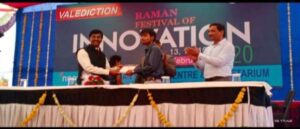
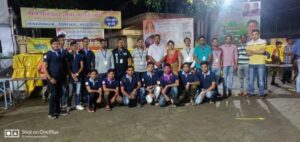 Ganpati Visarjan Nirmalya” Collection Drive
Ganpati Visarjan Nirmalya” Collection Drive
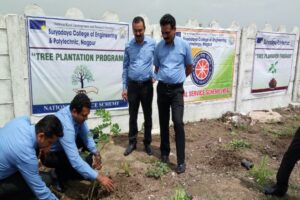 Tree Plantation
Tree Plantation
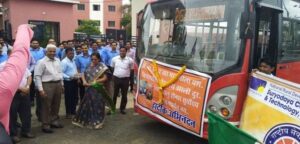 Bus Facility Inauguration
Bus Facility Inauguration
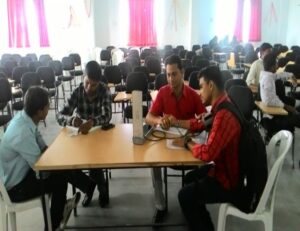 Health Checkup Camp
Health Checkup Camp
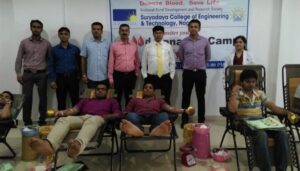 Blood Donation Camp
Blood Donation Camp
